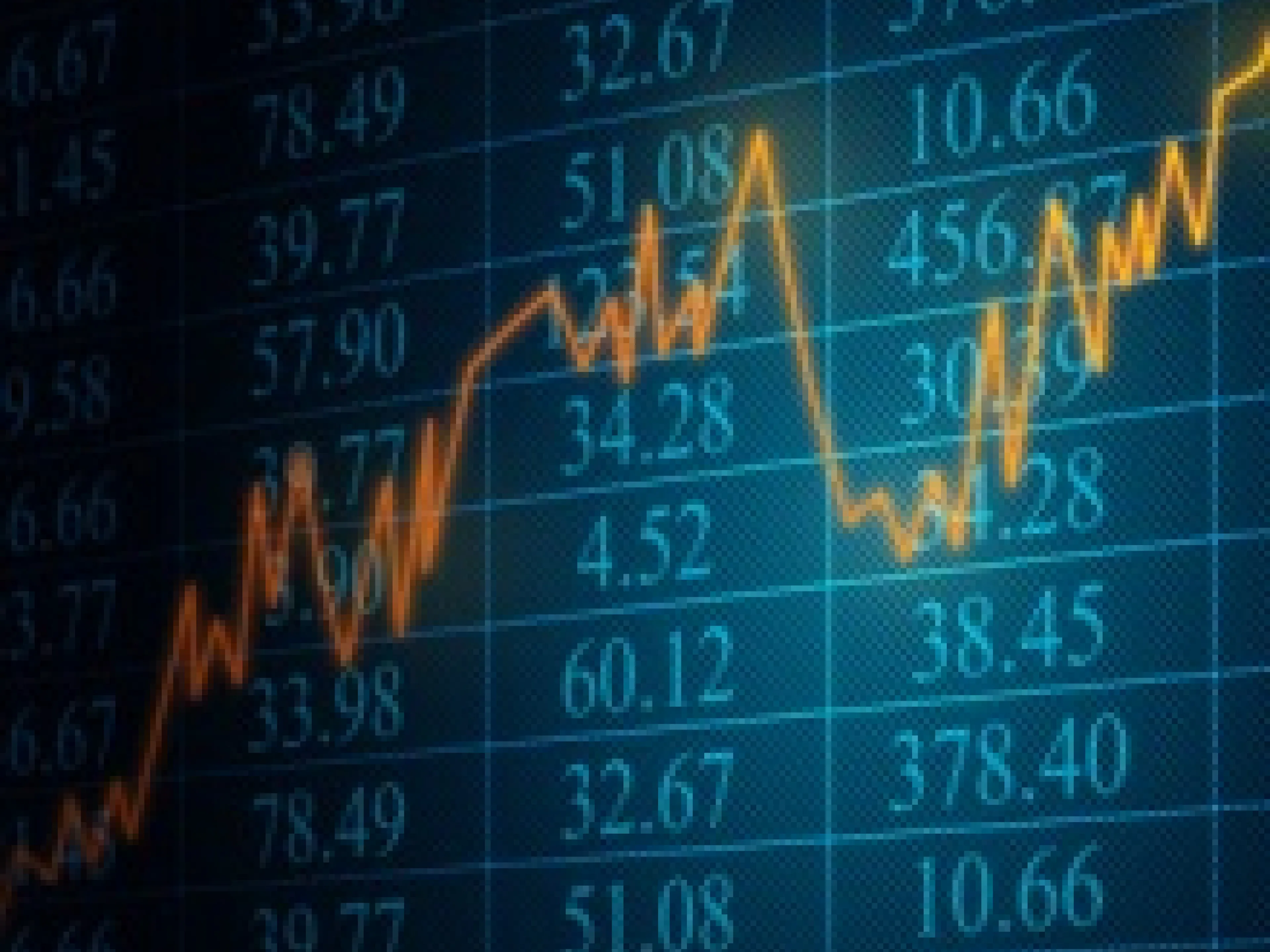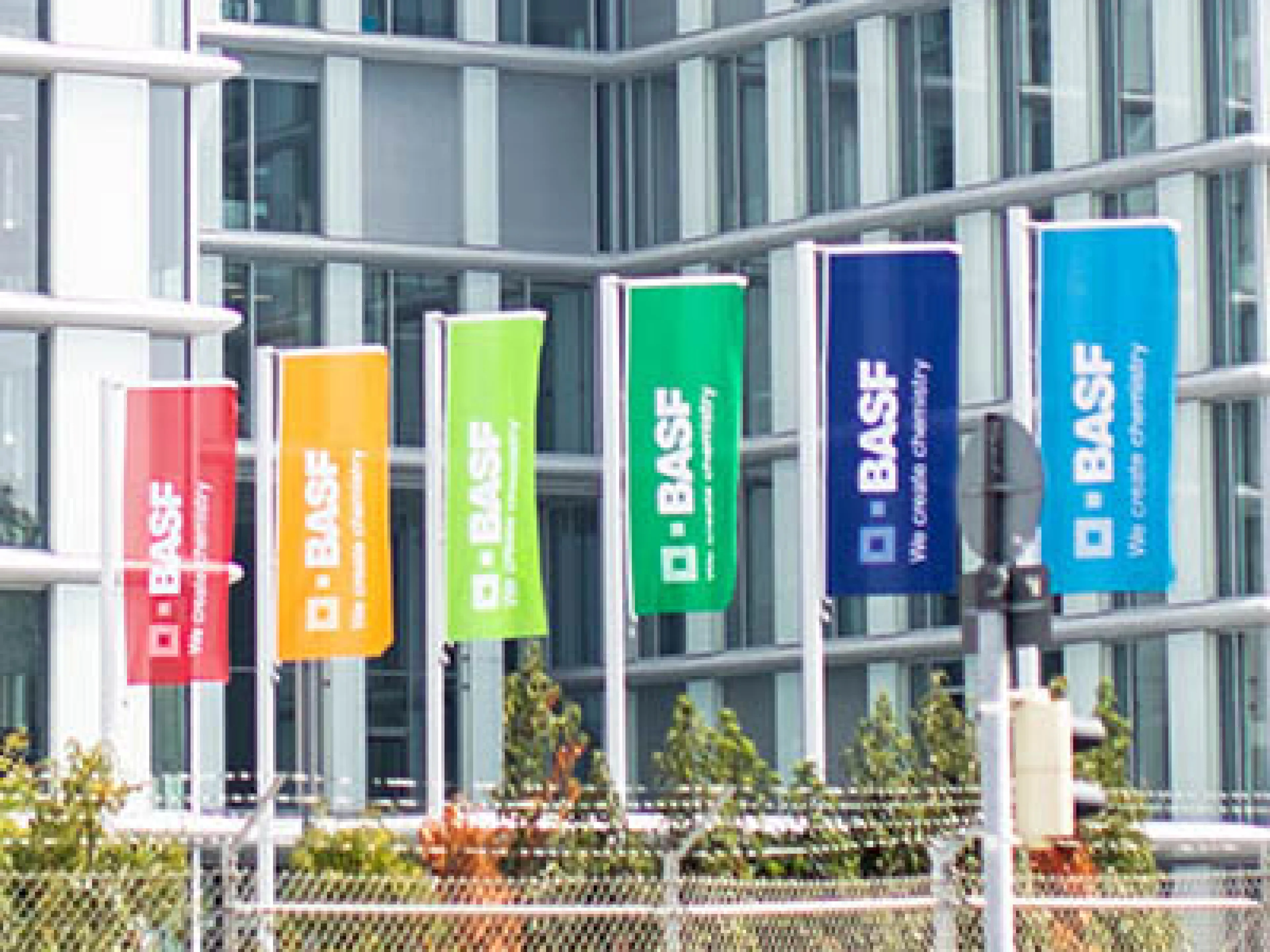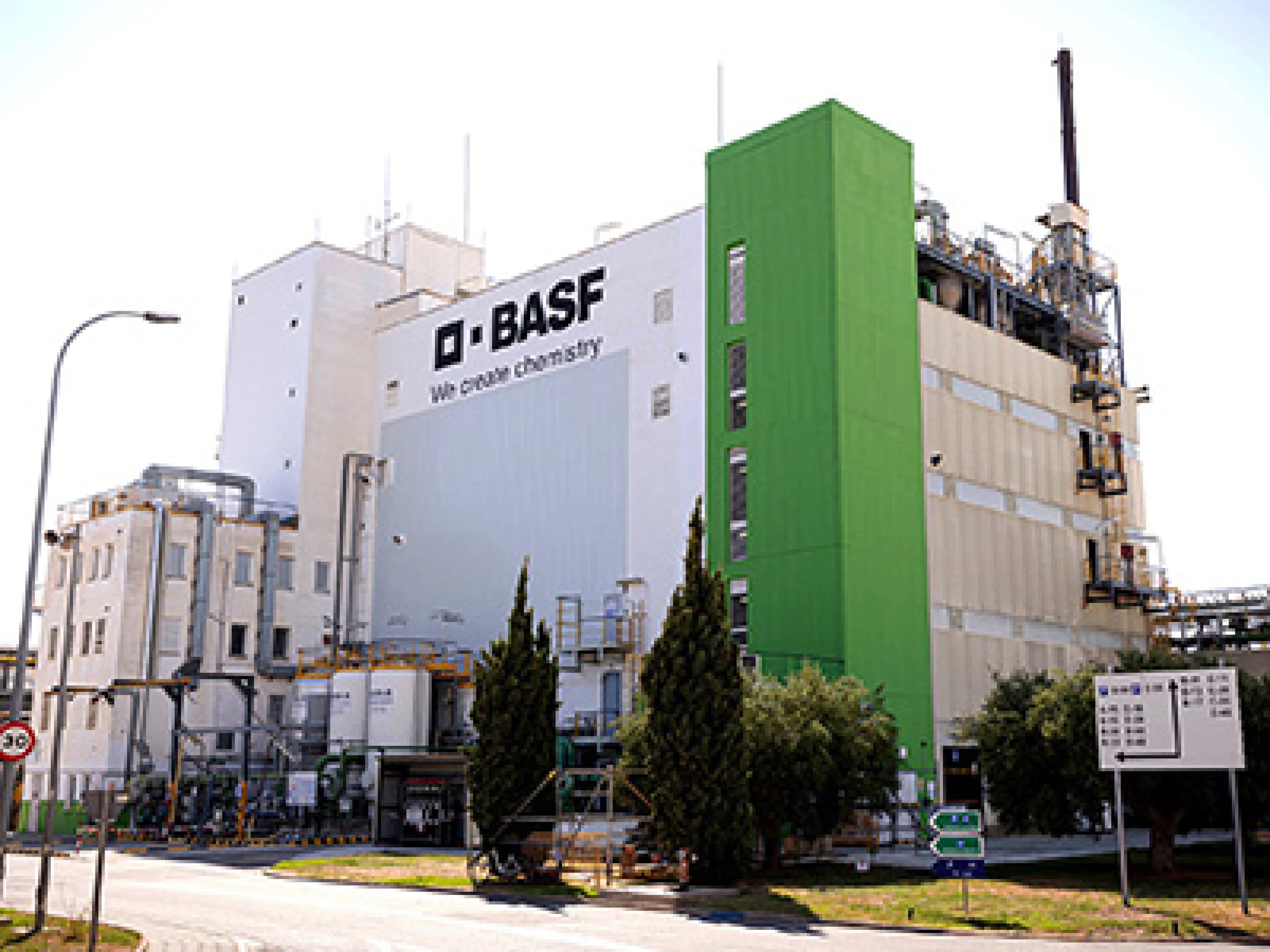
When presenting its annual report, Wacker Chemie confirmed that the company's sales and earnings for the past fiscal year remained below the previous year's figures due to the persistently weak market environment. The main reasons for this were lower prices and significantly lower sales volumes in the polysilicon segment. By contrast, the chemical divisions posted sales at the previous year's level despite the headwind. Overall, earnings by the company's divisions were even higher than in the previous year. The Biotechnology Division lifted both sales and earnings compared with the previous year.
Wacker sales decline by 11 percent
The company's total sales in the past fiscal year amounted to €5.72 billion. This is 11 percent less than in the previous year, when the company still posted €6.4 billion. Consolidated earnings before interest, taxes, depreciation and amortization (EBITDA) amounted to €763 million, compared with €824 million in the previous year. This corresponds to a decline of seven percent. In addition to lower prices, particularly for solar silicon, the reasons for this were the continued high energy costs in Germany and a partially lower utilization of production facilities as a result of the lower sales volume. Savings from ongoing efficiency programs have positively influenced the development of earnings.
Net income fell 20 percent below previous year
EBIT fell by 28 percent to EUR 290 million due to the effects described above. In the same period of the previous year, it had amounted to €405 million. At around €473 million, depreciation was significantly higher than in the previous year. At around €261 million, net income was down by a fifth on the previous year. In the previous year, the chemical company had still generated €327 million.
“2024 was a challenging year for the chemicals industry as a whole. We were faced with weak demand in many of our customer sectors, with many of our customers in the construction and automotive industries, in particular, curbing their production. Wacker performed well in this weak market environment,” says President & CEO Christian Hartel. “Despite headwinds, our chemical divisions achieved sales at the previous year’s level and earnings in total in these divisions even exceeded the prior-year figure. Sales and earnings in our biotech division were up year over year,” he continued. “It was only the Polysilicon division that painted a mixed picture. Our solar-grade polysilicon business has declined primarily due to excess capacity in China. What is more, the debate in this area surrounding US anti-dumping tariffs on solar imports from Southeast Asia unsettled the markets considerably. By contrast, our hyperpure semiconductor-grade polysilicon business performed very well. This is an area in which we are the global market leader, and we are continuing to expand both our capabilities and our capacities.”
Developments in the business units
- The Silicones business unit posted annual sales of €2.81 billion, an increase of two percent over the previous year. Positive factors included an improved product mix with a significantly higher share of specialty products and better utilization of production facilities.
- The Polymers division posted sales of €1.46 billion. This corresponds to a decline of seven percent. The main reason for the decline was the year-on-year drop in selling prices. The division was able to slightly increase volumes in a weak market environment due to strong demand for products used in the formulation of adhesives and coatings.
- The Biosolutions business unit generated sales of €375 million, eleven percent more than in the previous year. This positive development was mainly driven by growth in the biopharmaceuticals business.
- The Polysilicon business unit closed the fiscal year with sales of €949 million. This is a minus of 41 percent compared to the previous year. The reasons for the decline were both lower volumes and lower prices in the solar silicon segment. In addition, the continued high energy prices in Germany had a negative impact. The share of hyperpure polysilicon for semiconductor applications in total volume sold increased further in 2024.
Wacker continues to focus on efficiency and cost discipline
In view of the persistently weak market environment, the focus remains on cost discipline and efficiency enhancements, according to Hartel. “We are driving forward a number of targeted projects to streamline structures and optimize processes. Digitalization and automation initiatives will help us to achieve this,” explains the CEO.
Hartel remains optimistic about the company's medium and long-term development. "We have confirmed our strategy. We are in a strong financial position and are benefiting from global megatrends. Whether it is renewable energy, electromobility or digitalization, these trends will continue to drive our business." He says the focus in the future would be more on improving margins than on volume growth. “Specifically, this means concentrating more on our efficiency and driving the expansion of our specialty business. By specialty business, we mean products and solutions that offer our customers clear added value thanks to their outstanding properties. They are generally developed on a customer-specific basis, have a greater depth of added value and achieve higher margins,” explains Hartel.
Outlook: Wacker CEO remains confident
Commenting on the outlook for the current year, Hartel says: “The market environment will remain challenging. The weak economy is still impacting many customers’ order trends, with ongoing reluctance to spend in the construction industry, for example. By contrast, demand for our silicones, especially for specialty products, and semiconductor-grade polysilicon continues to show a very positive development. We expect to see higher volumes in these areas this year.”
Sales in the first two months of the current year were roughly on par with last year. In Q1, Wacker expects to generate Group sales on par with last year, at around €1.5 billion. For the January-through-March period, the company expects EBITDA of around €135 million, after €172 million in the prior-year period. For the year as a whole, Wacker expects business to grow in all regions despite a persistently challenging environment.
The company anticipates slightly lower average sales prices for the 2025 fiscal year. Sales volumes will likely increase markedly, especially for specialties in the chemical divisions and in the polysilicon segment. Exchange-rate effects are likely to have a positive impact on sales. Overall, Wacker expects Group sales to range between €6.1 and €6.4 billion. The company expects sales to grow in all regions and business divisions. Wacker anticipates an EBIDTA between €700 million and €900 million. Investments will likely be substantially below last year's level. Depreciation should be slightly above investments.
Expectations for Wacker's business divisions
In the Silicones division, sales are expected to rise by around 10 percent. Growth will be fueled primarily by higher volumes, especially for specialties. The Polymers business unit anticipates a low-single-digit percentage rise in sales. Volumes in the dispersions and dispersible polymer powder businesses are likely to grow slightly, while prices will decrease marginally. In the Biosolutions segment, sales are expected to be around €400 million. No significant recovery in the market environment is expected. The project business remains challenging. The Polysilicon division expects sales of between €1.0 and €1.3 billion in 2025. Sales volumes in the semiconductor polysilicon segment are expected to increase significantly. By contrast, the solar polysilicon business will remain challenging. Ebitda is expected to be in the range of €100 million to €250 million.









